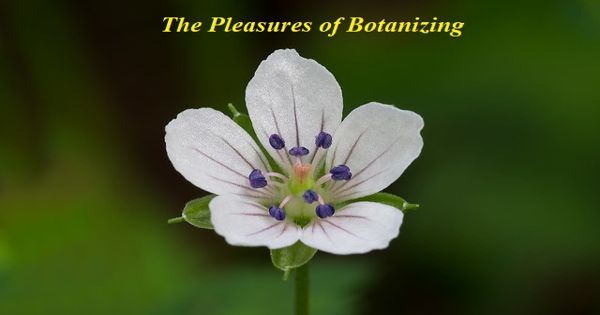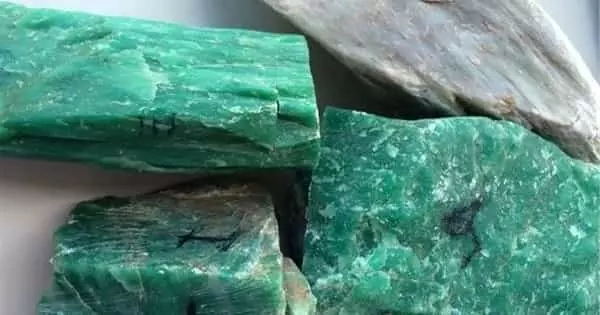The Pleasures of Botanizing
A walk through the countryside is a pleasant experience. It turns even the hard-headed materialize into something of a poet. And how much more pleasant it would be if one had a knowledge of flora and the fauna of the region through which one’s walk lay if one knew something trees and flowers and birds that are distributed all around forced by knowledge, with admiration would go an intellectual curiosity and poetic feeling would go hand in hand with the eagerness of a lively mind. What was merely beautiful would become interesting as well.
In the countryside, the curiosity of the botanist is ever awake. Every plant that he sees has a meaning for him and appeals to him in a special way. And he is always on the alert, always in quest of some new specimens. He feels the urge of the explorer in his search for new kinds of plants or flowers; and when he finds one, his exultation is like that of the discoverer. Soon he has these under the scalpel and the microscope; the poet is transformed into the scientist. Thus his mind is always in a thrill of expectation and his walks along with the fields and the lanes of the countryside for him a real voyage of discovery.
We often hear people complaining that village life is dull and uninteresting. That is because they have no other interest in the villages except sight-seeing and enjoying the luxury of rambling over the countryside. The sights are soon exhausted and the rambles sink into monotony. But a student of botany never feels dull in a village. He can draw on an inexhaustible store of delight and interest. He sees the flowers and plants and herbs in their natural setting, and he can observe them under natural conditions. He experiences a joy which he can never feel in the cold atmosphere of a libratory. Nature to him is a living laboratory, an endless field of study and exploration.
The pleasures of botanizing are not confined only to the countryside. The parks and the gardens of a city are a happy hunting ground for the keen botanist. The very limitations imposed on him by the scarcity of plants and trees in a city call forth all his powers of observation. The profusion in the country may make him careless of his wealth, here in the city he has to be watchful and alert, and he hoards the treasures of his discoveries like a miser.
The poet, however, seems to condemn the habit of botanizing. He has called the botanist ‘a fingering slave’ – one who would ‘botanize over his mother’s grave’. He is angry because the botanist intrudes upon his contemplation of the beauty of nature with his analytical mind. While the poet is enjoying the shape of the leaf and the color of the flower and the divine presence which perhaps they reflect, the botanist, talks about the cotyledons and the cryptogams, and by his cold analysis puts the vision of beauty to flight.
Perhaps the poet has some cause for irritation. For it often happens that the armature scientist is so full of his newly gained knowledge that he has no eye for anything else. For him ‘the poetry of the earth’ is dead; ‘pleasures of botanizing’ do not prevent us from enjoying the beauty and wonder of the natural world. Unless, side by side with the pursuit of knowledge, we foster the imaginative and aesthetic side of our nature, we are in danger of becoming rather dry and matter-of-fact in our approach to everything. However, exciting our discoveries might be to us, we cannot be always full of them without cutting ourselves off from – what Keats called ‘fellowship with essence’.
















